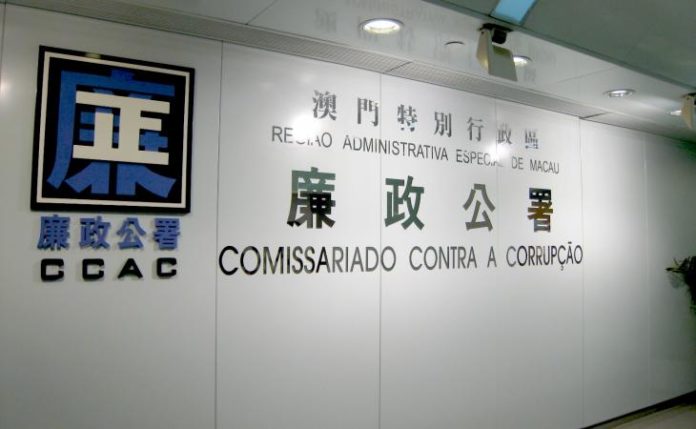Macau (MNA) – Pedro Cortes, a senior partner of local law firm Rato, Ling, Lei & Cortés, told Macau News Agency (MNA) that he believes that the current residency scheme requirements of Macao Trade and Investment Promotion Institute (IPIM) is outdated and should be renewed.
Mr. Cortes said the last revision of the Labour Law was in the late 1990’s, adding that this time the situation is “different.”
“Back then it made sense to do this residency scheme because of the Asian financial crisis,” he explained. “Now, instead of real estate, it [the investment scheme] should focus on high technology sectors, for which we can, of course, attract skilled workers.”
The IPIM investment scheme came under scrutiny following the release of a report on Monday by the Commission Against Corruption (CACC) slamming IPIM for granting residencies for investments as low as MOP142,376 (US$17,613) and some which were, in fact, real estate investments.
However, Cortes says the lack of supervision was an issue, pointing out that this happened even with rules in place, recommending that the government implement a bureau to oversee the laws.
The minimum amount to gain residency via investment in Macau was increased to MOP13 million in November 2015, with plans to increase it further to MOP15 million.
IPIM President Jackson Chang said that residencies granted illegally will be “revoked”.
However, Mr Cortes cautions that this is not a guarantee that the decision to revoke the residency cannot be appealed in a court of law.
As part of a better upgrade of local investment law, the lawyer also believes that the difficulty of getting short-term work visas is a challenge.
“In several places like Hong Kong you can get a visa for short-term work, which could help if you are entering the city to work. Certain situations, such as people doing consulting work might require people to stay for maybe 45 days [as an example].”
Cortes explained that as Macau lacks such a mechanism skilled workers have a difficult time obtaining a visa, adding that Regulation no. 17/2004, which concerns illegal work arrangements, should also be renewed.




















